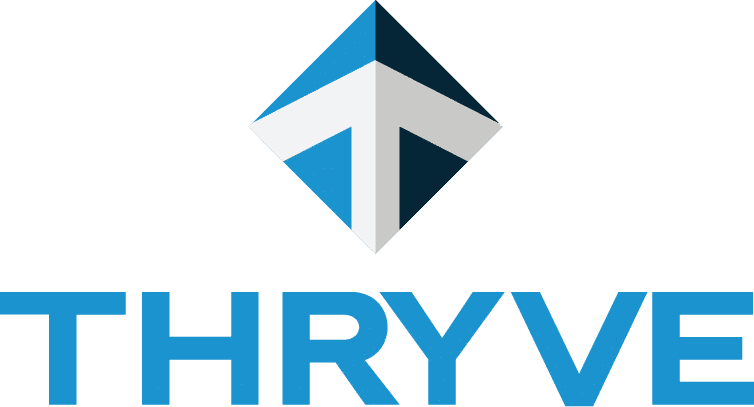Strong financial records are essential for successful startups, and as your business grows, anything short of that simply won’t cut it. In this post, we’ll cover the essential bookkeeping services every startup needs for healthy growth allowing you to set up your finances in a sound way from the start.
Bank and Credit Card Reconciliation
One of the most fundamental bookkeeping needs for any startup is reconciling bank statements and credit card statements. This is the basic process of verifying that your accounting records accurately reflect the transactions appearing on your bank statements. In essence, that your accounting system used for your decision making reflects reality. It’s crucial for spotting discrepancies that could change how you perceive the financial situation of your company. Reconciling helps to spot fraud, mismanagement, or other issues. Reconciling also helps ensure that you maximize deductions and credits.
Management of AR and AP Ledgers
Keeping on top of accounts payable and accounts receivable is key to managing cash flow and ensuring timely payment and collection. Inaccuracies in these ledgers can lead to a wide range of small business issues, from difficulty collecting your receivables or sourcing new stock stalling your growth. Not to mention lacking visibility and control as to what your business really owes and owns impacting your decision making on actions needed to maintain healthy growth.
Fixed Asset Schedule Management
Keep track and accurately record your company’s tangible and non-tangible assets. A fixed asset schedule includes items like your vehicles, property, and equipment. Proper asset management guarantees no assets are inadvertently lost, depreciation expense is properly recorded, and valuable assets are not inadvertently assigned to the wrong category.
Adjusting Journal Entries
Often times, there are transactions needed to be book in your accounting system to maintain its accuracy. These transactions may cover a vast range including payroll, depreciation, sales, equity, etc.
Accruals and Prepayments
Is your business set up in a cash basis or accrual basis accounting system? While some business honestly prefers cash basis because of its simplicity, accrual is more reliable. Accrued expenses and income are transactions that are booked before payments or cash receipts actually occur. Keeping track of these accruals is essential to understand short term cash flow and provide a clear picture of your business assets/liabilities.
Monthly and Annual Bookkeeping Closes
Closing your books means compiling, verifying, and reconciling all accounts on a monthly or annual basis. Completing this process provides peace of mind, knowing that your books are an accurate reflection of your business.
Basic Management Reporting
In order to improve, grow or change your business, a strong understanding of your accounting data is required. Good reporting provides an understanding of where your cash flows, profit margins, revenue streams, expenses, and balance sheet accounts stand. This data provides essential insights into how to optimize your business.
Conclusion:
If you’re a startup entrepreneur, be sure to invest in essential bookkeeping services that will help you build a strong financial foundation. Give your business the financial foundation to succeed and thrive.
If you are interested in acquiring bookkeeping services now, contact us.
